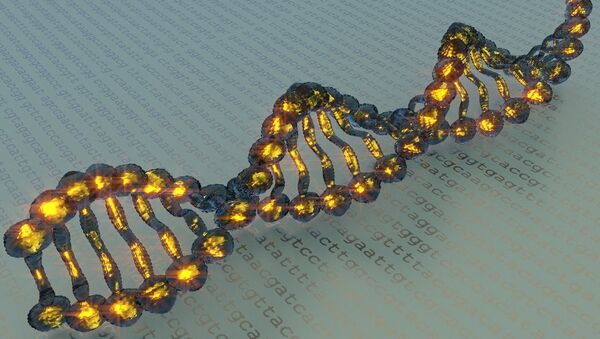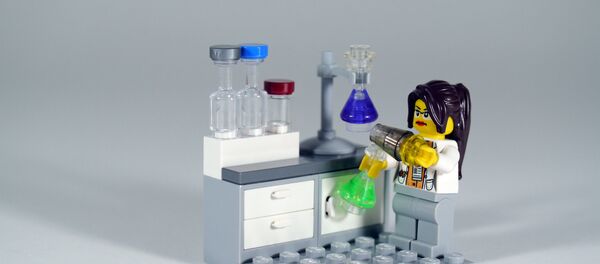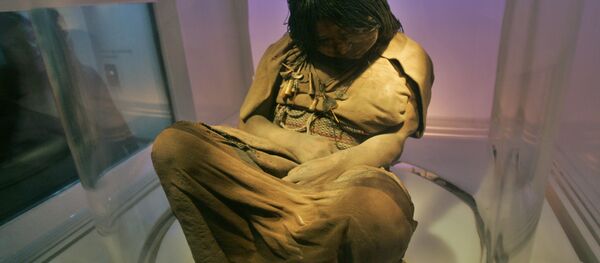A "biological archive" comprised of the DNA of deceased Danes would give a major boost to discovering cures for illnesses and diseases, Michael Christiansen, chief physician at the State Serum Institute, argues.
"Our ideal aim is to amass DNA from all dead Danes," Christiansen had told the scientific portal Videnskab.dk earlier. "If we started now, over the course of a year, we would have the genomes of 60,000 Danes. In ten years, we would have stockpiled half a million genomes," he said.
"I'm 55, but who says I won't be sitting in a nursing home suffering from Alzheimer's in five years' time?" he questioned rhetorically.
"We humans are distinguished from each other through 4 million base DNA pairs, and while one genetic variation leads to illness for some, it doesn't for others. In reality, the conclusions currently being made are uncertain," Christiansen said.
The sheer number of variants in the genome of a population poses problems for evidence-based diagnostics #genomics https://t.co/GeVlvigFaH
— Michael Christiansen (@MIC_CPH) April 4, 2016
The necrogenomic studies, however, involves many ethical challenges. While Denmark is a world-class nation when it comes to giving researchers access to DNA material while protecting the anonymity of the source, much can be improved. To address the matter of public consent, an "opt-out" possibility similar to organ donation procedures might allow individuals with reservations to exclude themselves from sampling upon their death, the scientists argue.
In Denmark, a necrogenomics registry can be handled within the framework of the country's legislature on biobanking. If properly administered within the country's cultural, legal and ethical framework, necrogenomics will provide the predictive power necessary to offset the current lack of evidence that plagues genetic testing for many disorders, the scientists maintain.




